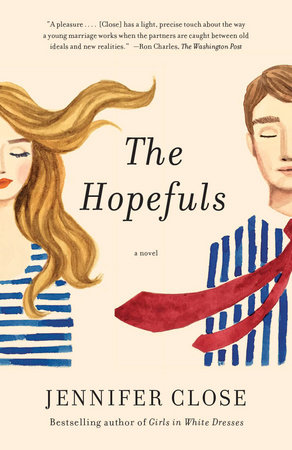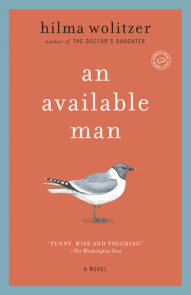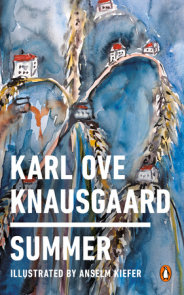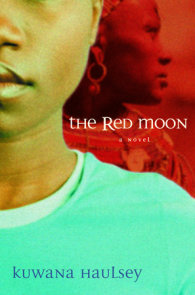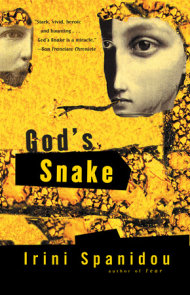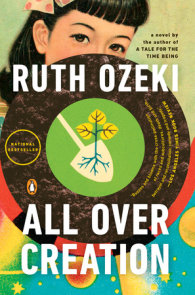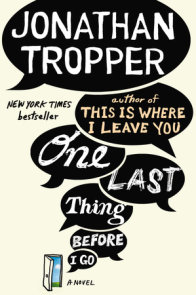READERS GUIDE
The questions, discussion topics, and reading list that follow are intended to enhance your reading group’s discussion of The Hopefuls, the timely and entertaining new novel by Jennifer Close, best-selling author of Girls in White Dresses.Questions and Topics for Discussion
1. Who are the “hopefuls” in the title?
2. In the Washington, DC, of the novel, most people are from elsewhere—away from home and family. How does this contribute to the intensity of their relationships?
3. On page 13, Matt tries to cheer up Beth about their move to DC: “ ‘We’re here,’ he said. ‘And home is wherever we’re together.’ ” Beth doesn’t quite buy it. Why not?
4. As a spouse who’s not particularly interested in politics, Beth feels like an outsider. What should she have done to find her own tribe—or does that seem impossible in the atmosphere the novel describes?
5. Personal identity is one of the themes running through the novel. In DC, Beth struggles to find her sense of self. She considers it a matter of circumstance, but things are no better in Texas. Has she brought this about somehow?
6. The theme of friendship also weaves through the story. Is Beth a good friend? Who is a better friend to her, Ash or Colleen?
7. On page 84, Beth says, “Matt’s jealousy no longer surprised me. I’d figured out that DC was a city that was crammed full of jealousy, that there was, in fact, a hierarchy of jealousy among the people we spent time with.” Why does she believe DC to be more rife with jealousy than anywhere else? Do the people in Texas prove to be less inclined toward the sentiment?
8. When Beth learns that both Ash and Colleen are pregnant, she doesn’t react well. Why not? How does her ambivalence about motherhood factor into this?
9. “[The Dillons] were just so lucky, so charmed. Everything was working out for them, life was unfolding exactly as it should—and most of the time, it seemed like it was all happening without any effort on their part.” (page 146) Why does Beth feel this way? In what ways is she right, and how is she wrong?
10. Matt is better informed and more insightful than Jimmy, yet Jimmy’s charisma makes him a better politician. What point is the author making about this?
11. When Beth meets The Dozens, how does it change her perception of Ash?
12. The Dillons follow traditional gender roles when it comes to parenting. What is the reader meant to think about this? Does having well-defined roles help or hinder the Dillons’ relationship?
13. When Matt pulls away from Beth during Jimmy’s campaign, does that set in motion what came after? How might things have gone differently?
14. On page 248, Colleen tells Beth, “ ‘I mean, every person expects something from the other one when they get married.’ ” What point is she making? Do you agree?
15. If Matt hadn’t interrupted, what do you think would have happened between Beth and Jimmy?
16. Beth isn’t sure whether or not Jimmy has told Ash what happened. Given how he’s been portrayed in the novel, why does she think he would have?
17. Colleen proves herself to be a straight-talking friend. On page 292, she points out to Beth, “ ‘You’re always letting things happen to you. You just wait to react. Do something.’ ” Does Beth take her advice?
18. Close introduces each section with a quote from a president or first lady—until the final one, which opens with this quote from Dylan Thomas: “Washington isn’t a city, it’s an abstraction.” What does it mean?
19. Discuss the final section of the novel, the postscript set in DC. Was it the ending you expected?









